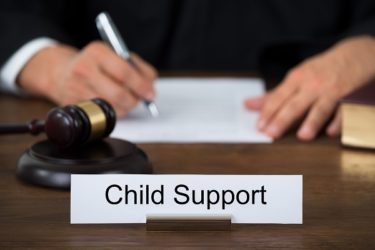When a marriage or domestic partnership fails, the parties are immediately confronted with a number of issues, not the least of which is how to separate physically. Typically, there is an initial intimate separation that then morphs into a physical separation.
Separating physically, however, is not that easy for many couples because of issues like finances and children. Couples advancing toward divorce sometimes choose to continue living under the same roof while they get their affairs in order before finally divorcing. Until recently, separated couples in California had to actually live in separate residences to have their post-separation finances considered as separate.
The rule had been handed down in 2015 by the California Supreme Court in a case called In re Marriage of Davis. In that case, the couple had been living in the marital home pending their divorce, although they were functioning as individuals. For example, their finances were handled separately, they travelled to children’s events separately, and they each did their own laundry. Notwithstanding their living separate lives, the Court ruled that an indispensible component of a married couple being separated under the eyes of the law was living in separate residences.
The legislature took umbrage with this ruling and passed Senate Bill 1255, which took effect January 1, 2017. This bill amended the California Family Code, specifying two grounds on which the date of marital separation could be established: 1) One spouse has expressed to the other spouse his or her intent to end the marriage; and 2) the conduct of that spouse is consistent with his or her intent to end the marriage. The bill also provided that courts “shall take into consideration all relevant evidence” to establish the date of separation.
The new law provides more flexibility to couples who decide to end their marriages. It is a much more sensible way of respecting the decisions that those couples make as they navigate such a significant upheaval in their lives.





